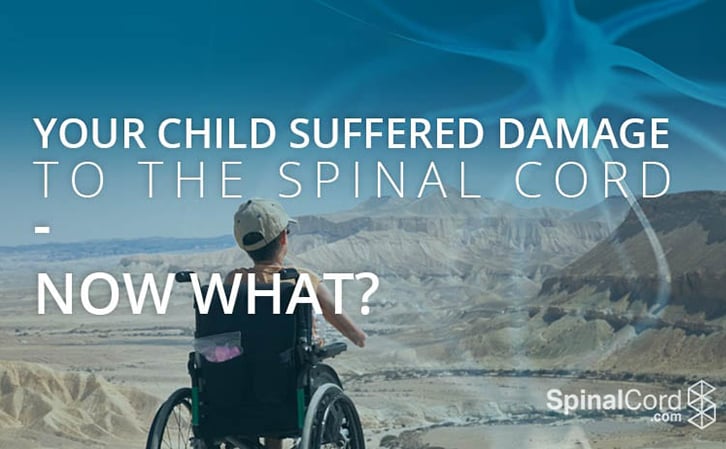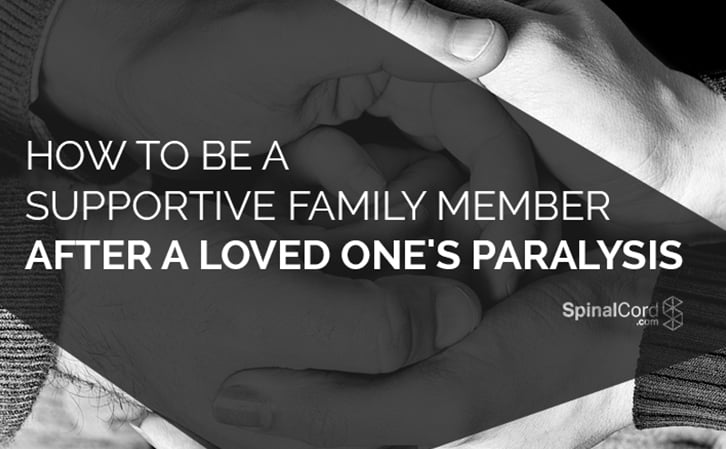The Cost of Apathy and Inaction

On January 16th, 2020 the advice column Dear Abby published the letter of a 57-year-old man who sustained a spinal cord injury when he was a child. He is still suffering from pain and is in a difficult financial position due to the injury. The writer sought advice about whether to ask his parents why they chose not to pursue a legal claim against the at-fault party and disclosed that he is consumed by the anger he feels toward is parents based on their failure to advocate for him and his future needs.
This letter struck a chord with me, for a couple of reasons, and I think it will resonate with some of you as well. It demonstrates the lasting impact a spinal cord injury has on someone even after what may be considered a good recovery. Forty years later this man suffers from weakness and severe pain, so much so that he could no longer work and is now dependent on disability income. When most people get hurt, they recover in a few days or weeks, at worst they might have a scar or a bruise. Some may have lasting discomfort when they move a certain way, or the weather changes. In rare cases an injury will be catastrophic, in these instances (particularly when the injury is unseen) the individual may suffer silently with little emotional support and no financial support. People unfamiliar with the individual’s injury may think they are acting dramatic, lazy, or worse but the reality is they were likely in the wrong place at the wrong time and are now struggling because of it.

When I read this particular column, I also couldn’t help but think of all the conversations I have had with individuals and families who want to investigate their options for a spinal cord injury lawsuit but one reason or another waited too long. Those conversations and outcomes are difficult for the person who is injured (and their family) because they are often left without closure and simply wonder “what if?”. When an accident resulting in catastrophic injury occurs and there simply isn’t anyone to recover from it can be sad, but it does provide a closure which often allows everyone to move forward. When someone is left wondering how their quality of life could have been improved if they had additional resources for therapy, accessible housing, non-familial caretakers, and more their emotional and mental health may suffer more than if they were simply told there was no one else at fault.
What Happens Now?
In this instance, Abby’s advice to the writer suggesting he speak with his parents about their decision may help provide some closure. There seem to be a couple of possible outcomes the first would seem to be the best. It’s possible the man who was injured as a child misremembers the accident and there was no one else at fault, or there was no way to collect financially. This may alleviate his anger and provide him that much-needed closure.
The other possibility is that his parents simply are not litigious or were afraid of backlash from the community for filing a suit against the school, it was the school that was responsible for his spinal cord injury. It is common for both the person injured and family members to hear the doctor tell them how an injury will impact them for the rest of their life, but either not fully understand those impacts or believe they will make a miraculous recovery. Whether his parents didn’t understand or didn’t want to believe their son would be impacted as much as he has been, they may have taken away from him the opportunity to face his injury with additional resources and a higher quality of life. Unfortunately, he is now reliving this lost opportunity every time he speaks with and thinks about his parents.
When I finished reading the column, I was left wondering how the conversation between this man and his parents concluded. Did any of their answers give him closure or temper his anger? Unfortunately, I’ll never know how this story ends, but that is OK because sharing his story can help others which is the most important thing we can do.

Why am I Sharing This Story?
Our community here at SpinalCord.com is full of parents, children, spouses, and friends all of whom are doing the best they can to help someone they love. Just as no one expects to be injured, and no one expects to be helping their loved one through a catastrophic injury. So from time to time, we hear from people who look back and wish they did things differently, unfortunately, we can only help them move forward. But by looking at how a decision like this has impacted someone’s life and relationship with their parents for forty years valuable insight may be gained when considering the decisions being made today.
Stay Updated on Advancements On Traumatic Brain &
Spinal Cord Injuries
About the Author




